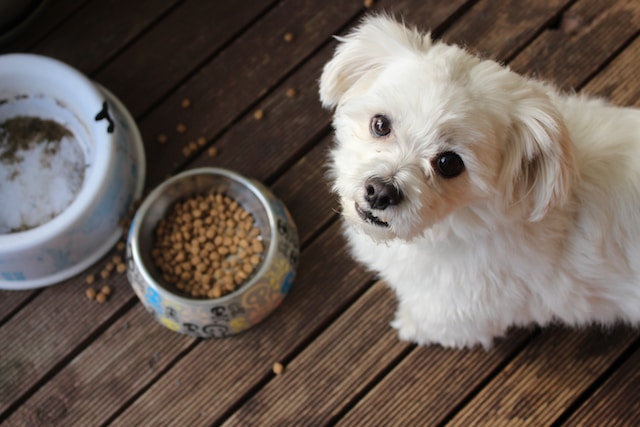Bringing a new canine companion home is thrilling yet being a first-time dog owner also brings lots of uncertainties. New owners often have many questions about properly caring for their pups. Here are answers to some of the most frequent questions asked by new dog owners.
What Kind Of Training Is Needed?
Start puppy training as soon as you bring them home for behaviour shaping. Focus on potty training, crate training, basic commands like “Sit” and “Stay”, leash walking, socialisation, and handling techniques like paw touching. Use positive reinforcement and be patient.
Sign up for a 6-week group puppy kindergarten class starting at 10-12 weeks old for continued socialisation. Training prevents problem behaviours.
How Much Exercise And Attention Do Puppies Need?
Puppies require significant time and interaction to behave well-adjusted. Plan to spend 2-3 hours total daily focusing just on your pup. Schedule play sessions, walks, solo time in a safe playpen, supervised family time and 1:1 bonding moments.
Puppies should get 5 minutes of exercise per month of age twice daily. Mental games provide stimulation too. Puppies crave and benefit from attention.
How can I create a puppy friendly home?
Planning and organisation is required before you bring your puppy home! Ensure you have enough time to spare to give your dog the attention they need. Do you need to take time of work? Or enlist some temporary help? You may also want to take up the rugs or carpets whilst your dog is being house trained or ensure your carpets can be cleaned. And fit baby gates to prevent them from entering certain spaces. Your pet will cause disruption initially but you can mitigate for the stress We wrote a whole post on how to create a pet friendly garden too.
Is My Puppy’s Behaviour Normal?
Common puppy behaviours like nipping, crying in the crate, and minimal attention span are completely normal. Puppies explore and play bite. Letting them teethe on safe chews redirects the behaviour. Give treats and praise for calmness in the crate. Keep training sessions brief. Be patient as they develop.
However, consult your vet if intense anxiety, lethargy, or other concerning behaviours emerge. Some may need medication.
Why Is Natural Pet Food Good For My Dog?
Quality natural dog food provides optimal nutrition without additives and fillers. Natural limited-ingredient diets often have one or two protein sources as the first ingredients followed by whole foods like sweet potatoes, peas, carrots, and brown rice.
They digest easier than grain-heavy kibble. Without preservatives and additives, natural food aids digestion and skin health. In fact, some high-protein options like Nutra Complete are made from freeze-dried raw meat, offering a convenient way to give your dog nutrient-dense meals with natural ingredients that support energy and immunity.
Check with your vet to find the ideal diet for your pup’s needs. If you want to browse a range of natural pet foods to talk to your vet about, visit Encore Pet Food. Their food is made with 100% natural ingredients and protein-rich meat to make sure that there are no nasty surprises.
What Is The Best Way To Potty Train A Puppy?
Potty training requires consistency. Take pups out every two hours plus right after eating, playing, and waking. Give an immediate reward when they go to the designated spot. Limit freedom until fully trained. Quickly clean any indoor accidents with an enzymatic cleaner to remove odour triggers.
Crate training teaches dogs to “hold it”. Expand freedoms as skills improve. With diligence, most pups master it within a few months.
What Is The Best Way To Socialise A Puppy?
Early positive experiences with people and other dogs prevent fear later on. If you have friends with vaccinated puppies, invite them over for playdates. Visit pet stores and outdoor shops on quiet days. Sign up for puppy socialisation classes. However, you need to do your homework when it comes to any classes you’re thinking of. Make sure that you’re satisfied that your pet will be properly taken care of.
Always supervise interactions and separate pups if they either seem uncomfortable or overwhelmed. Successful socialisation takes gradual, controlled exposure.
New puppy owners will inevitably face challenges, but asking questions and learning sets you both up for success. With patience and proper care, puppies grow into wonderful companions. And remember: if you’re ever in any doubt, talk to your vet!
Don’t forget too that some professional home organisers also have a pet specialism in order to help you run a pet friendly home.

